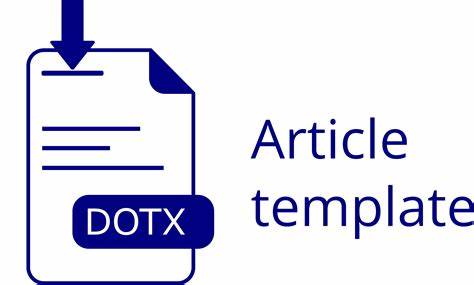Strategi Perubahan Budaya Organisasi dalam Meningkatkan Kecerdasan Emosional dan Spiritual Personal
DOI:
https://doi.org/10.18592/al-hiwar.v10i1.6943Keywords:
Organizational Culture, Strategy, Change, Personal Emotional Intelligence, Spiritual IntelligenceAbstract
This study aims to determine the strategy of organizational culture change to increase emotional and spiritual intelligence in organizational members. The method used is a qualitative approach with the type of library research (library research). Organizational culture change strategies include; aggressive approach, peaceful approach, corrosive approach and indoctrination approach. Then there are five stages of change, namely; deformative, reconciliative, acculturative, enactive and formative. Furthermore, the dimensions of change include; structural dimension, space and time dimension, change process dimension, contextual dimension and subjective dimension. The parameters are; expressive power, communality power, penetration power, adaptive power and endurance. Organizations that expect their organization's existence to be maintained must of course be friends with change. Organizational culture will certainly have an effect on organizational members, in this case it is hoped that the changes in organizational culture that are carried out can certainly be one of the foundations in increasing emotional and spiritual intelligence for every individual in the organization. The conclusion is that making a change to the organizational culture in order to improve the emotional and spiritual intelligence of members of the organization of course requires various strategies which must be adapted to each situation so that the desired results can be achieved.References
Abdhul, Yusuf. (2021). Pengertian Budaya Organisasi: Fungsi, Jenis, Karakteristik dan Contoh. Yogyakarta: Deepublish.
Akbar, Nadzmi. (2018). Kepemimpinan Islam: Kepemimpinan yang Membimbing. Banjarmasin: Antasari Press.
Gunardi, Bambang. t.thn. “Strategi Perubahan Budaya Organisasi.” AnzDoc 1-8.
Harahap, Nursapia. (2014). “Penelitian Kepustakaan.” Jurnal Iqra' 68-73.
Muhaimin, Suti'ah, dan Sugeng Listyo Prabowo. (2015). Manajemen Pendidikan: Aplikasinya dalam Penyusunan Rencana Pengembangan Sekolah/Madrasah. Jakarta: Prenadamedia Group.
Nugrahani, Farida. (2014). Metode Penelitian Kualitatif. Solo: Cakra Books.
Nurdin, Diding, dan Bambang Ismaya. (2018). Administrasi dan Manajemen Sumber Daya Pendidikan. Bandung: PT. Refika Aditama.
Octavia, Nina, Keumala Hayati, dan Mirwan Karim. (2020). “Pengaruh Kepribadian, Kecerdasan Emosional dan Kecerdasan Spiritual terhadap Kinerja Karyawan.” Jurnal Bisnis dan Manajemen 130-144.
Priansa, Donni Juni. (2020). Manajemen Kinerja Sekolah. Bandung: CV. Pustaka Setia.
Ramadan, W. (2014). Kado untuk Mahasiswa Aktivis Relasi Kepemimpinan, Budaya, Organisasi, dan Psikologi Mahasiswa. IAIN Antasari Press.
Rojuanlah. (2012). “Perubahan Budaya Organisasi.” Forum Ilmiah 121-132.
Yantiek, Ermi. (2014). “Kecerdasan Emosi, Kecerdasan Spiritual dan Perilaku Prososial Remaja.” Persona, Jurnal Psikologi Indonesia 22-31.
Downloads
Published
How to Cite
Issue
Section
License
Authors who publish with this journal agree to the following terms:
- Authors retain copyright and grant the journal right of first publication with the work simultaneously licensed under a Creative Commons Attribution License that allows others to share the work with an acknowledgement of the work's authorship and initial publication in this journal.
- Authors are able to enter into separate, additional contractual arrangements for the non-exclusive distribution of the journal's published version of the work (e.g., post it to an institutional repository or publish it in a book), with an acknowledgement of its initial publication in this journal.
- Authors are permitted and encouraged to post their work online (e.g., in institutional repositories or on their website) prior to and during the submission process, as it can lead to productive exchanges, as well as earlier and greater citation of published work.





